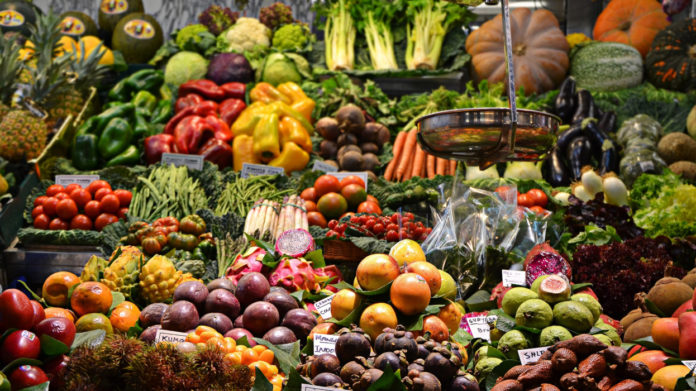New Delhi (NVI): The global food price rose for the ninth month in a row in February, 2021 on firmer demand, following the most jump in sugar and vegetable oils, the Food and Agriculture Organization of the United Nations (FAO) report said.
According to the Food Price Index report, the averaged 116.0 points in February, 2.4 percent higher than the previous month and up 26.5 percent from a year ago.
This report tracks monthly changes in the international prices of commonly-traded food commodities.
In the report, the FAO sugar price index climbed 6.4 percent in February, 2021 from previous month amid ongoing concerns over tighter global supplies as production declines in major producing countries together with strong import demand from Asia.
“Expectations of a production recovery in Thailand and a bumper crop in India dampened the increase,” FAO said.
Moreover, the vegetable oil price Index gained 6.2 percent in February, to reach its highest level since April 2012 with prices for palm, soy, rape and sunflower seed oils all increasing.
FAO’s cereal price index averaged 1.2 percent higher than in January. Among major grains, Sorghum prices rose 17.4 percent in the month, driven by ongoing strong demand from China. “Maize and rice international prices edged up while wheat export prices remained largely stable,” the report said.
The dairy price index also rose by 1.7 percent in February, led by international export quotations for butter, where firm imports by China met limited supplies from Western Europe. But cheese prices declined, partly due to high inventories in the United States.
Similarly, the FAO meat price index increased 0.6 percent, higher by tight supplies of bovine and ovine meats in key producing regions, the report said.
It added that pig meat price quotations fell, underpinned by reduced purchases by China amidst heavy oversupply and a rise in unsold pigs in Germany due to the continued ban on exports to Asian markets.
Furthermore, the UN organization also informed that global wheat production this year is likely to increase and hit a new record of 780 million tonnes.
“As expectations of a rebound in production in the European Union more than offset weather-impacted production prospects for output in the Russian Federation,” FAO said.
-RJV








